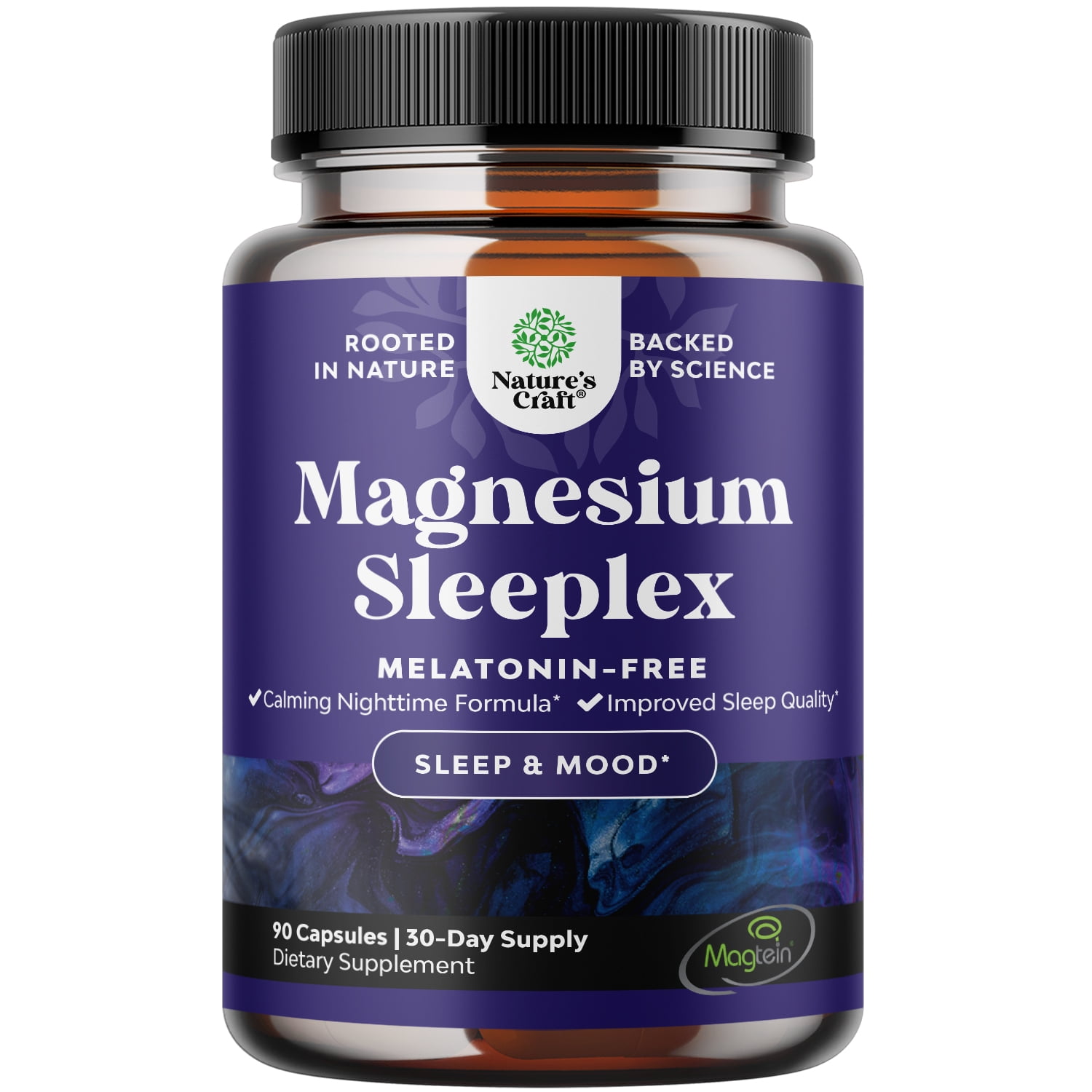Magnesium Supplementation: Sleep, Stress, and Function
Magnesium is involved in over 300 enzymatic reactions and plays crucial roles in sleep regulation, stress response, muscle function, and cardiovascular health. Deficiency is common, affecting 10-30% of the population.
Magnesium and Sleep Quality
Magnesium supports sleep through multiple mechanisms: GABA receptor activation for relaxation, melatonin regulation, reduction of cortisol levels, and muscle relaxation. Studies show improved sleep quality and duration with supplementation.
Stress Management
Magnesium modulates the hypothalamic-pituitary-adrenal (HPA) axis, reducing cortisol release and supporting stress resilience. Chronic stress depletes magnesium stores, creating a cycle of increased stress sensitivity and deficiency.
Muscle Function and Performance
Magnesium is essential for muscle contraction and relaxation, ATP production, and electrolyte balance. Deficiency can cause muscle cramps, weakness, and impaired exercise performance, while adequate levels support recovery and endurance.
Forms and Bioavailability
Magnesium forms vary in absorption: magnesium glycinate (high absorption, gentle), magnesium oxide (low absorption, laxative effect), magnesium citrate (moderate absorption), and magnesium L-threonate (brain bioavailability).
Dosing and Safety
Recommended dietary allowances range from 310-420mg daily for adults. Supplemental doses of 200-400mg are typically well-tolerated, while doses above 350mg from supplements may cause digestive upset in sensitive individuals.
Food Sources and Deficiency Risk
Magnesium-rich foods include dark leafy greens, nuts, seeds, whole grains, and legumes. Modern soil depletion, food processing, and certain medications (PPIs, diuretics) increase deficiency risk.
This content is educational and does not substitute for medical evaluation of magnesium status or supplementation guidance for specific health conditions.





